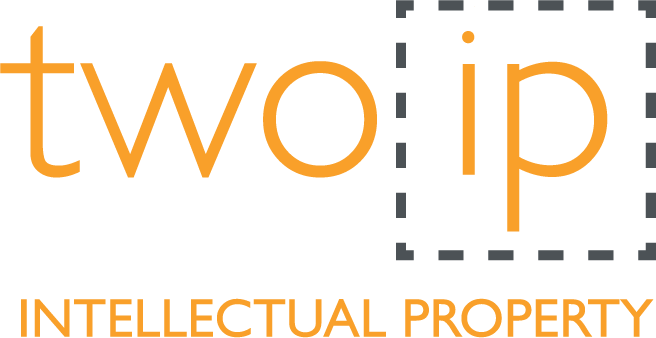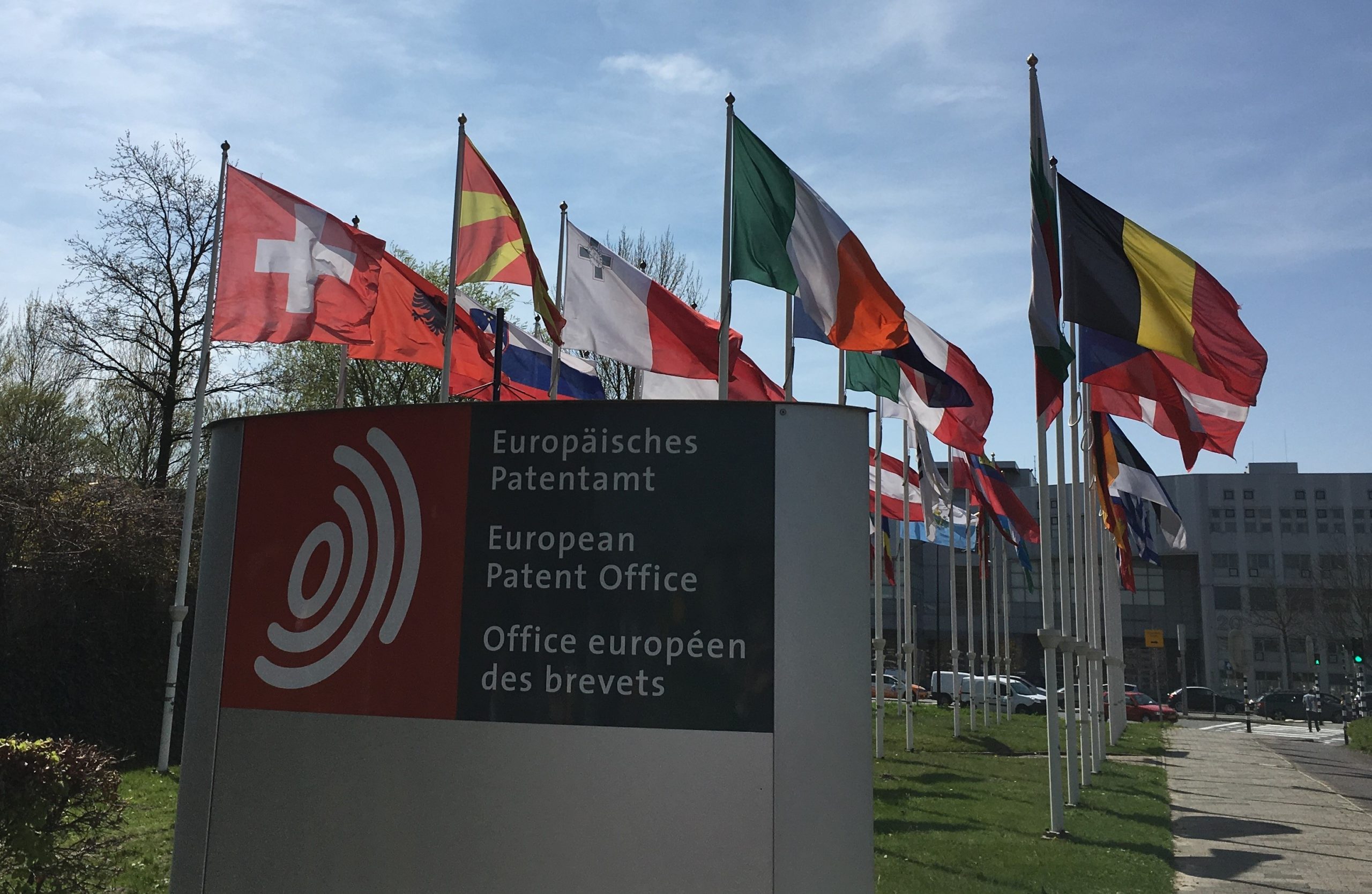Two IP founder and patent attorney Anna Molony shares her notes from a recent EPO case law review session that she led for one of her clients. If you would like Anna to present this as a case law review session for your team, get in touch with Anna here.
As the EPO continues to tie itself up in knots over the description amendment requirements introduced in the 2021 Guidelines for Examination, I thought it would be interesting to have at look at some recent decisions in this area – and a possible referral to the Enlarged Board of Appeal. ViCo oral proceedings aren’t going away, so you may be interested in the EPO’s thoughts on witness credibility in them. And we have our first referral to the Enlarged Board for 2023, so let’s have a quick look at that too.
DESCRIPTION AMENDMENTS
T2391/18: When is it necessary to amend the description of a patent post-grant?
EP1872074 – Relates to equipment for processing scrap metal Tenova S.p.A.
The decision in T 2391/18 related to the decision of the Opposition Division to maintain EP 1872074 as granted. During the opposition appeal the Patentee filed amended claims and an adapted description.
Amendments in Opposition should be occasioned by a ground of Opposition (Rule 80 EPC). A lack of clarity under Article 84 EPC is not a ground for Opposition, except in cases where the lack of clarity arises solely as a result of a post-grant amendment (G 3/14). Adaption of the description in opposition is not appropriate unless a new discrepancy between the description and the claims had arisen as a result of a post-grant amendment.
T 2391/18 confirms that a granted patent cannot be invalidated solely on the grounds that the claims are unclear because the description was not adequately adapted before grant (Article 84 EPC). However, it would also appear from T 2391/18 that any amended claims submitted during opposition that include limitations not present in the granted claims should always be accompanied by a corresponding amended description.
T450/20: The risk of pre-grant description amendments
EP2254485 – Relates to a stent for unblocking blood vessels.
The decision held that the description of a patent could not be mined for a definition limiting the meaning of the claims. However, the Board of Appeal did find it permissible to use functional language from the description to construe the claims.
The Board also ruled out any role for the description of the patent application in claim interpretation. Instead, according to the Board of Appeal, only the description of the granted patent may be used for claim interpretation under Article 69(1) EPC, regardless of whether the description was adapted prior to grant.
T56/21: Board of Appeal poised on the brink of a referral to EBA on description amendments
EP3094648 “FC-REGION VARIANTS WITH IMPROVED PROTEIN A-BINDING” F. Hoffmann-La Roche AG (Representative Roche Diagnostics GmbH)
Both the Board of Appeal (3.3.04) and the appellant (Roche) in the case are the same as in T 1989/18, the first Board of Appeal decision to find a lack of legal basis for the description amendment requirement.
The Board of Appeal in T56/21 is poised on the point of a referral to the EBA on the issue of description amendments and claim interpretation.
VICO ORAL PROCEEDINGS
T423/22: Assessing witness credibility during ViCo opposition oral proceedings
EP2202099 “RFID enabled tire control system and method” The Goodyear Tire & Rubber Company
Opponent: MICHELIN Recherche et Technique S.A.
Board of Appeal considered whether a witness’s credibility can be properly assessed during ViCo oral proceedings.
Catchword: Hearing a witness in first instance proceedings by videoconference allowed sufficient interaction between the deciding body, the parties and the witness. Albeit a part of the witness’ body language was not visible to the participants, this did not amount to an infringement of the parties’ right to be heard since the judgement on the witness’ credibility was mainly based on the conclusiveness of his/her testimony and the absence of contradictions within the witness’ own testimony, between the testimonies of several witnesses and/or contradictions between the witness’ testimony and information derivable from supporting documents
PRIOR USE
G1/23: When is prior use of a product excluded from the prior art for lack of enablement?
This first referral to the EBA of 2023 seeks clarification on the enablement test for prior use of a product.
Relates to T0438/19 [EP 2626911, for Polymers for coating and protecting solar cells in solar panels]
The referral asks whether the non-enabling prior use of a product excludes the composition of the product from the prior art or whether it also excludes the product per se (i.e. so that it cannot be used as a starting point for inventive step).
The referral also seeks clarification over the definition of enablement with respect to the prior use of a product, and particularly whether “enablement” requires that the skilled person be able to fully analyse and reproduce the exact same product.


